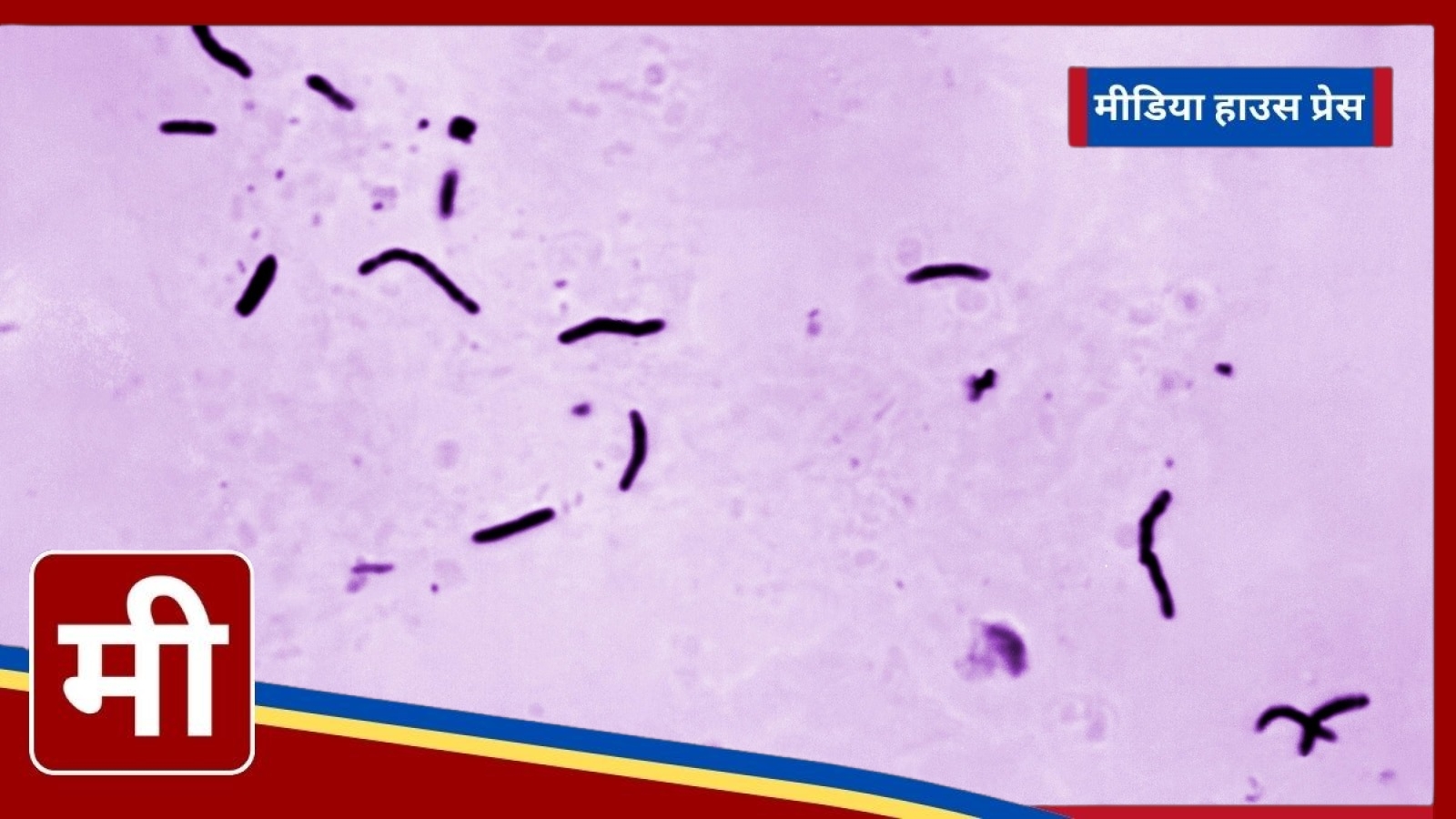In 2023, TB claimed approximately 1.25 million lives, with a considerable number of cases concentrated in Southeast Asia, Africa, and the Western Pacific region. WHO officials have noted that over half of global TB cases are concentrated in just five countries: India, Indonesia, China, the Philippines, and Pakistan.
WHO Director-General Dr. Tedros Adhanom Ghebreyesus expressed frustration over the preventable nature of these fatalities, emphasizing, “It is an outrage that TB still kills and sickens so many people, especially when we have the tools to prevent, detect, and treat it.”
One of the biggest challenges remains drug-resistant TB, with around 400,000 individuals affected last year alone. Despite this daunting number, fewer than half received diagnosis and treatment. While WHO data shows a slow but consistent decline in TB deaths globally and a stabilization in new cases, the problem of undiagnosed drug-resistant TB cases remains dire.
TB, caused by airborne bacteria primarily targeting the lungs, has silently infected roughly one-quarter of the world’s population. However, only 5-10% of those infected will develop symptoms. This silent nature complicates early diagnosis and treatment, heightening the risk of drug resistance and community spread.
Meanwhile, advocacy groups such as Doctors Without Borders have pressed diagnostics company Cepheid, which manufactures TB testing tools used extensively in lower-income countries, to lower the price of TB tests to $5 per test. This move aims to make diagnostic testing more accessible in areas heavily impacted by TB. Earlier this month, Doctors Without Borders, alongside 150 global health partners, issued an open letter to Cepheid urging the company to “prioritize lives” and enhance the accessibility of TB tests globally.
The call for widespread testing and affordable diagnostics underscores the need for a collective international response, with governments, pharmaceutical companies, and health organizations coming together to reverse the alarming rise in TB cases. WHO’s latest report serves as a wake-up call to the world, emphasizing the urgency of accessible testing, treatment, and sustained investment to combat this age-old yet preventable killer.

